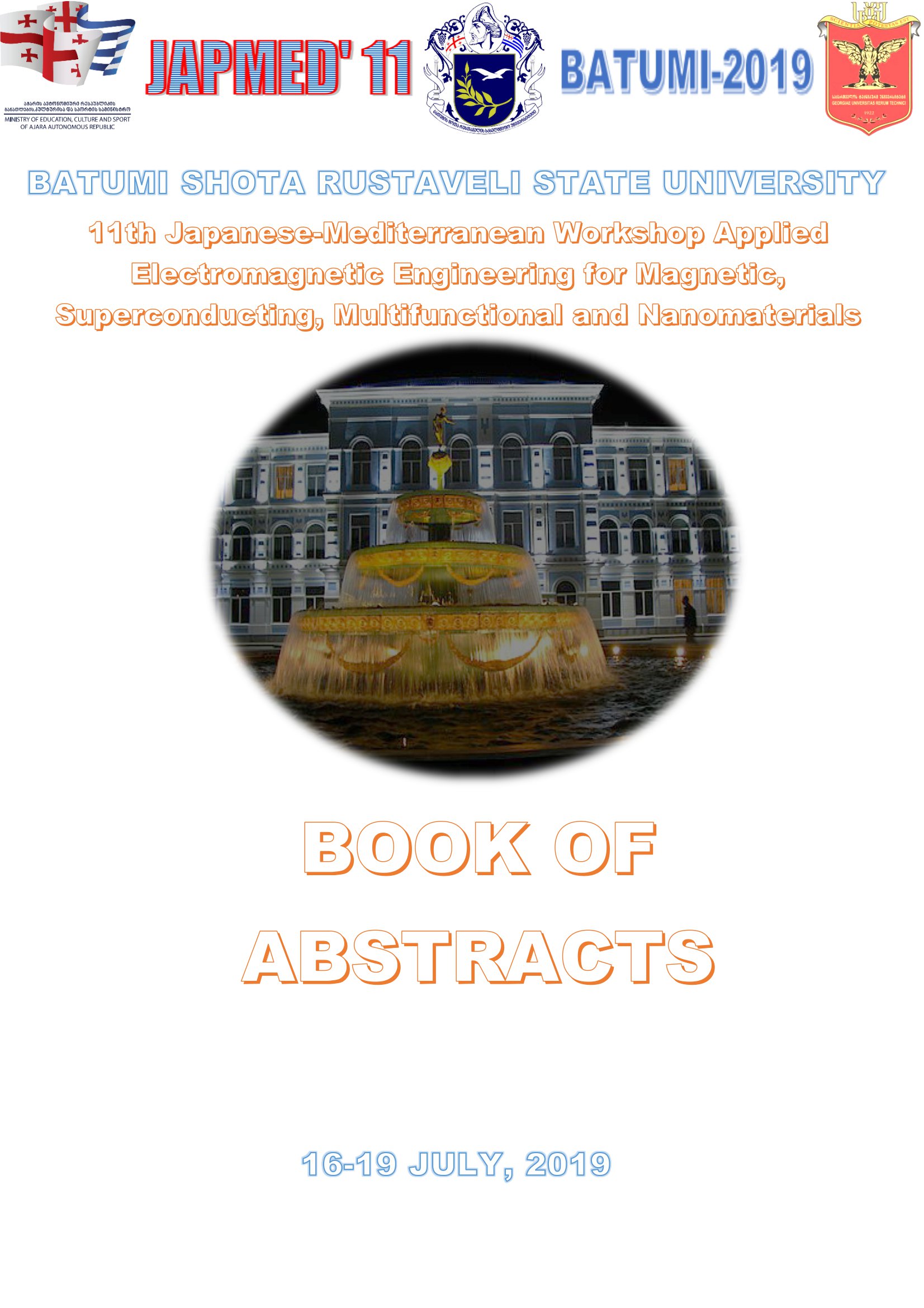ADVANCED MANUFACTURING OF ADVANCED MATERIALS FROM MACRO- TO NANOSCALE UNDER STATIC TO SHOCK LOADING: PRINCIPLES AND INDUSTRIAL SUSTAINABLE APPLICATIONS
Main Article Content
Abstract
The Principles of Advanced Manufacturing Technology may be identified with six main elements, with the central one being the enforced deformation to the material, i.e. the processing itself, brought about under consideration of the interface between tool and workpiece, introducing interdisciplinary features for lubrication and friction, tool materials properties and the surface integrity of the component. The as-received material structure is seriously altered through the deformation processing, subjected from static to very high-strain phenomena / shock loading, therefore, materials testing and quality control before and after processing are predominantly areas of interest to the
mechanics, manufacturing and materials scientists. The performance of the machine tools together with the tool design are also very important, whilst, nowadays, the techno-economical aspects, like the notion of manufacturing systems, regarding automation, modeling and simulation, rapid prototyping, process planning, computer integrated manufacturing, energy conservation and recycling, as well as environmental aspects are important in Advanced Manufacturing Engineering. Quality of manufactured parts is mainly determined by their dimensional and shape accuracy, the surface integrity, and the functional properties of the products. Development of manufacture
engineering is related to the tendency to miniaturization and is accompanied by the continuous increasing of the accuracy of the manufactured parts. Note that, the two main trends towards a miniaturization of products are the ultraprecision, carried out by machine tools with very high accuracy, and the nanotechnology processing, defined as the fabrication of devices with atomic or molecular scale precision by employing new advanced energy beam processes that allow for atom manipulation, allowing, therefore, the design and manufacture of the nanostructured materials, having every atom or molecule in a designated location and exhibiting novel and significantly improved optical, chemical, mechanical and electrical properties. Furthermore, Sustainability nowadays is challenged on many fronts, among the most prominent ones, the Advanced Manufacturing may be considered. Some trends and developments in Advanced Manufacturing from macro- to nanoscale in the important engineering topics from industrial, research and academic point of view: nanotechnology/ultraprecision engineering and advanced materials (metals, ceramics, polymeric, composites/nanocomposites) under static, low/high speed impact and shock loading, with
sustainable industrial applications to net-shape manufacturing, bioengineering, energy/environment and transport, an outcome of the very extensive academic and industrial work over 50 years on these fields performed by the author and his research international team, are briefly outlined in the present Plenary Lecture of the JAPMED’11.
